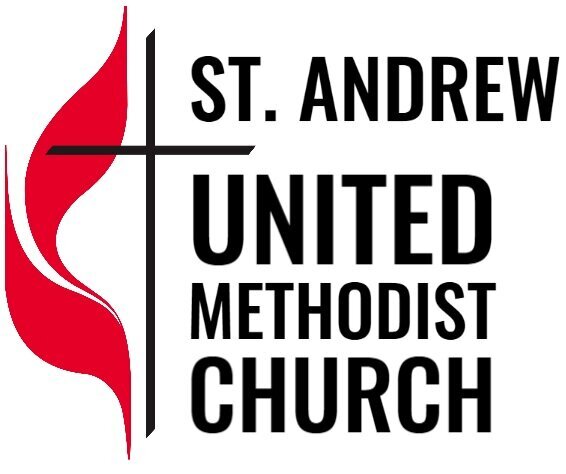
The Practice of Fasting
Much of our modern American culture can be defined with one word: ‘excess.’ Everywhere we look we find people working, eating, or exercising in excess. Not too long ago we were introduced to the idea of “extreme” sports like snowboarding or skysurfing. And the motivation for much of what we do is all about acquiring more of something.
Fasting, then, presents itself as quite the counter-cultural practice, more now than ever. Almost everything is influencing us to build up an abundance, or at least to get as big a slice of the pie as we can. But fasting invites us to not only survive with less, but to grow and even flourish. We do well to remember that Jesus did not just recommend it to his followers, rather he expected it to be a discipline we already practiced. “When you fast,” he says in the sermon on the mount, not “If.”
This month we are invited to fast from things that may be a hindrance to our relationship with God. In the process of emptying ourselves, we create a larger space for God to fill with His presence. Below is a guide for incorporating the practice of fasting more deeply into your journey as a disciple. Peace be with you.
Week One
Plan to have a traditional fast from food at some point this week based on your previous experience with the practice. If you’ve never fasted, try fasting from lunch one day. If you’ve fasted before you may want to try a 24-hour fast (from breakfast to breakfast) or perhaps a three-day fast. Go online to find a helpful guide for how to fast safely. Keep a journal and reflect on the experience.
week two
This week, try to select a practice or habit that you may feel is not leading you into a deeper relationship with God and neighbor. For many today that may be time on social media or watching television. Attempt to go without this practice for a set period of time—24 hours, 3 days, or the entire week—and write down your thoughts on the experience.
week Three
Continue to fast from the practice you selected in week 2, only this week try to extend the fast for a longer period. Additionally, select another spiritual practice that can fill the void left by the absence of that behavior or habit. Read the Bible or other spiritual material, pray, or bake something for a friend in need. Keep up with your reflections in your journal.
Week Four
To close out the month, return to the traditional practice of fasting from food and see if you are able to extend beyond the fast you practiced at the beginning of the month. Again, use an online resource to guide your fast so you do it safely. Continue the journal with reflections.

